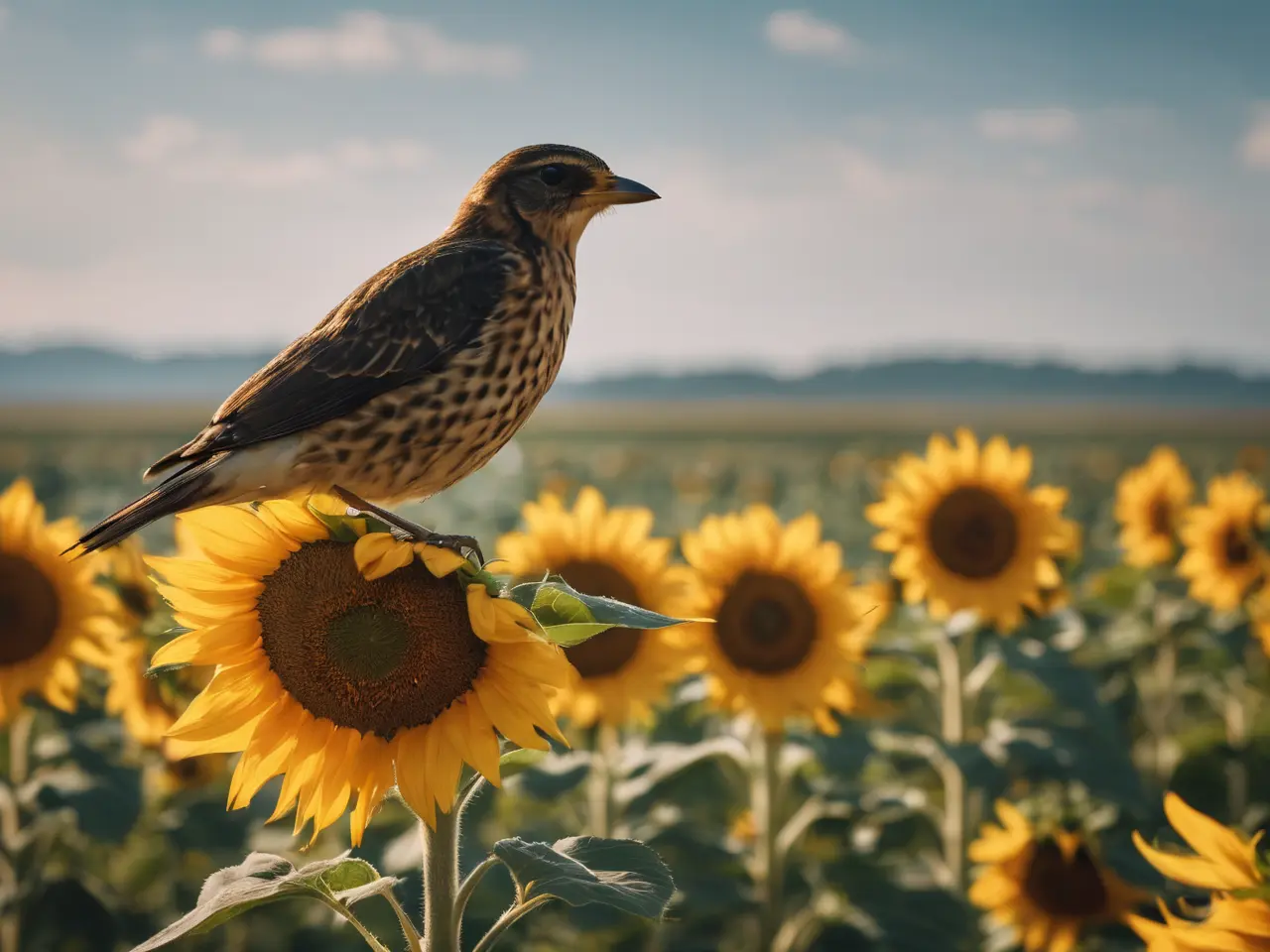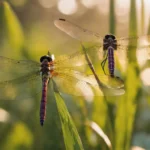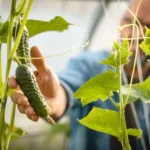Sunflower seeds are a staple in bird feeding, known for their widespread popularity among various bird species. Understanding the dietary needs of birds is crucial for those interested in bird feeding and conservation. This article aims to delve into the suitability of sunflower seeds for birds, highlighting their benefits and the preferences of different bird species.
Sunflower Seeds
Sunflower seeds, derived from the large, daisy-like flowers of the sunflower plant (Helianthus annuus), are rich in nutrients. They are packed with fat, protein, and several essential vitamins and minerals, making them an excellent food source for birds. There are primarily three types of sunflower seeds commonly used in bird feeding: black oil sunflower seeds, striped sunflower seeds, and hulled sunflower seeds.
Black oil sunflower seeds are especially popular in bird feed due to their high oil content, which provides vital energy and calories to birds. Striped sunflower seeds are larger and have a thicker shell compared to black oil seeds. Hulled sunflower seeds, also known as sunflower hearts or chips, are without shells, making them easier for birds to eat but more susceptible to spoiling.
Benefits of Sunflower Seeds for Birds
Sunflower seeds offer significant nutritional benefits for birds. They are particularly high in fats and proteins, essential for maintaining energy and health, especially during colder months when food is scarce. The high fat content helps birds build and maintain energy reserves, while the protein supports muscle and feather health.
A wide range of bird species is attracted to sunflower seeds, making them a versatile choice for bird feeders. Common visitors include finches, cardinals, sparrows, titmice, and nuthatches, among others. The ease of access to these nutrients makes sunflower seeds a preferred food source for both migratory and resident bird species.
Types of Sunflower Seeds and Bird Preferences
The choice of sunflower seed type can influence which birds visit your feeder. Black oil sunflower seeds, with their high oil content and thinner shells, are easier for small birds to crack open. These seeds are particularly favored by finches, chickadees, and titmice. Striped sunflower seeds, due to their larger size and tougher shell, are often preferred by larger birds such as cardinals, grosbeaks, and jays, who have stronger beaks capable of breaking them open.
Hulled sunflower seeds, or sunflower hearts, are a no-mess option that all birds can enjoy, as they don’t need to crack open the shell to access the seed. However, they can spoil more quickly and may attract a wider range of wildlife, including squirrels and rodents, if not properly managed.
Feeding Sunflower Seeds to Birds
When feeding sunflower seeds to birds, it’s important to follow best practices to ensure the health of the birds and the cleanliness of the feeding area. Use a bird feeder that allows easy access to the seeds but minimizes spillage. Tube feeders are great for small birds that eat black oil sunflower seeds, while larger platform feeders can accommodate birds that prefer striped sunflower seeds.
Regular cleaning of the feeder is essential to prevent mold and bacteria growth, which can be harmful to birds. It’s also advisable to provide a varied diet to the birds by complementing sunflower seeds with other types of bird feed, such as suet, nectar, or different seed varieties.
Potential Drawbacks
While sunflower seeds are highly beneficial for birds, there are potential drawbacks to consider. Overfeeding can lead to waste accumulation under feeders, attracting pests and possibly leading to the spread of disease among bird populations. It’s important to moderate the amount of feed provided and regularly clean up any waste or hulls on the ground.
Feeding exclusively sunflower seeds can also limit the diversity of bird species that visit your garden. Some birds prefer other types of seeds or food, so offering a variety can attract a wider range of species and ensure a balanced diet for the bird community.
Mitigating Negative Impacts on Bird Health and Habitat
To minimize any adverse effects on bird health and their habitat, responsible feeding practices should be maintained. Rotating the location of feeders can prevent the buildup of waste in one area, reducing the chance of attracting rodents or causing soil nutrient imbalances. Additionally, choosing no-waste or low-waste feed options, such as hulled seeds or seed mixes, can help keep the feeding area clean.
It’s also important to be mindful of the placement of bird feeders to ensure the safety of the birds. Feeders should be placed either close to windows (less than 3 feet away) or far enough (over 30 feet) to reduce the risk of birds colliding with windows. Providing natural cover like shrubs or trees near feeders can offer birds a safe retreat from predators.
Conclusion
Sunflower seeds are a nutritious and appealing option for feeding birds, suitable for a wide variety of species. Whether choosing black oil, striped, or hulled sunflower seeds, these feeds can significantly benefit birds, especially in times of food scarcity. However, it’s crucial to engage in responsible feeding practices to ensure the health and safety of the birds and the surrounding environment.
By incorporating sunflower seeds into your bird feeding routine with consideration for the potential drawbacks and the needs of different bird species, you can create a vibrant and dynamic bird habitat in your garden. Feeding birds not only brings enjoyment and beauty to our daily lives but also contributes to the conservation and support of local bird populations. As we appreciate the lively presence of these feathered friends, let us remember to do so responsibly, with respect for their natural behaviors and needs.


